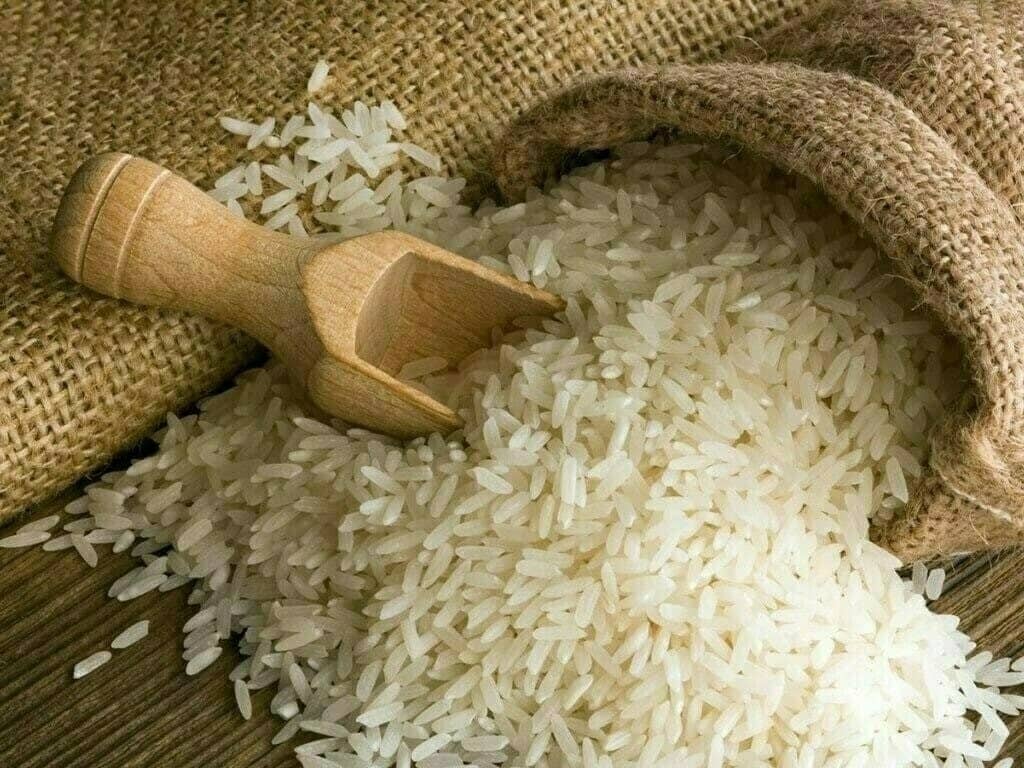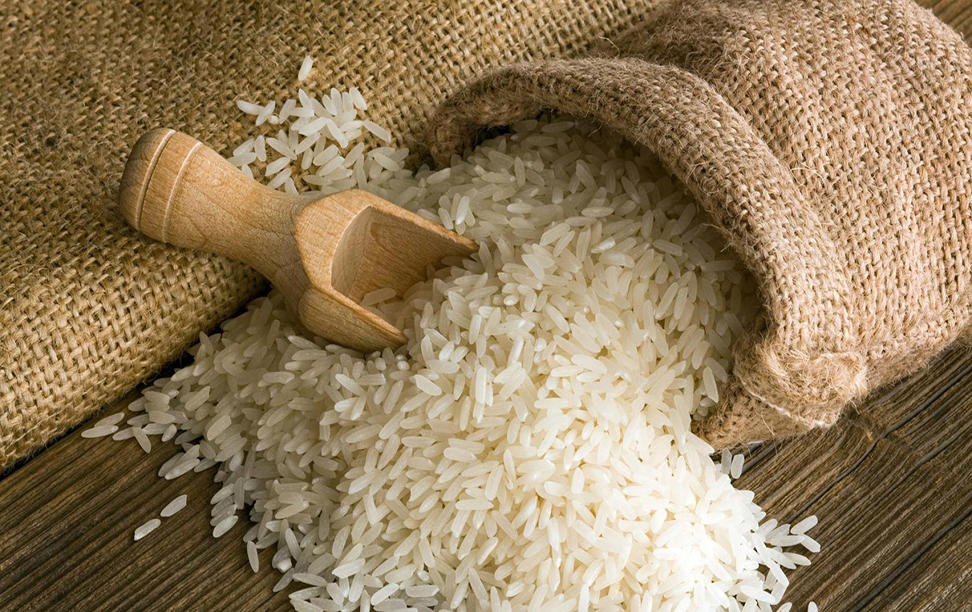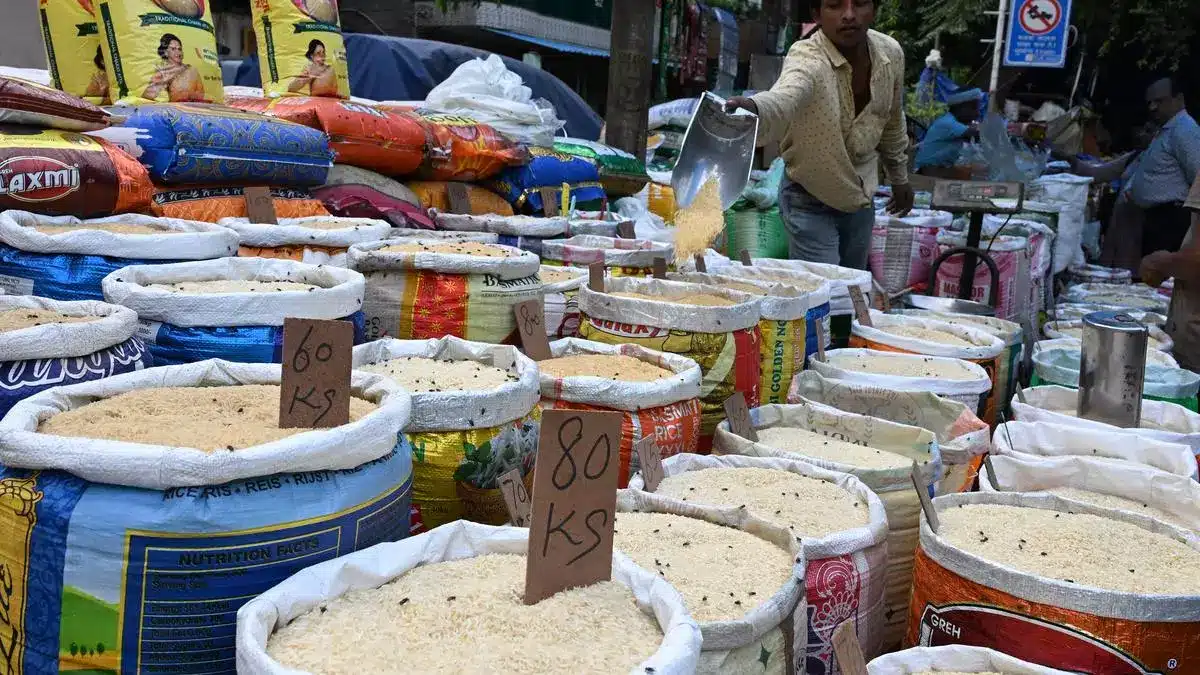Tags
Basmati export zones a must for quality control
The government and policymakers must adopt a global mindset and address technical, economic and environmental challenges related to the production and export of basmati. The policies on quality control must be effectively implemented and rigorously monitored in the proposed zone, right from various stages of production till when the product reaches the consumer. This will ensure success of the zone as a reliable producer of export-quality, globally acceptable basmati rice.

THE initiatives of diversifying from the paddy-wheat cropping system and increasing basmati area and production are being promoted by governments and non-governmental agencies in almost all rice-producing states of the country. The main objective of this push is to achieve greater financial benefits by promoting the export of basmati rice. Basmati has tremendous export potential if the produce meets the desired quality standards. Large-scale production of export-quality basmati and the development of related export infrastructure will require the creation of basmati export zones in the rice-producing states.
 The creation of these zones is imperative because the production and maintenance of purity of aromatic basmati rice are dependent on the selection of the right variety of basmati and the agro-climatic conditions under which the crop is grown. The fragrance of basmati is attributed to the presence of aromatic compounds (predominantly 2-acetyl-l-pyrroline), which are formed initially in the plant when it flowers, then get transferred to the grains, where they remain preserved if temperatures remain low during the ripening. This basmati-specific genetic character gets expressed only under specific soil and climatic conditions.
The creation of these zones is imperative because the production and maintenance of purity of aromatic basmati rice are dependent on the selection of the right variety of basmati and the agro-climatic conditions under which the crop is grown. The fragrance of basmati is attributed to the presence of aromatic compounds (predominantly 2-acetyl-l-pyrroline), which are formed initially in the plant when it flowers, then get transferred to the grains, where they remain preserved if temperatures remain low during the ripening. This basmati-specific genetic character gets expressed only under specific soil and climatic conditions.
The export zones need to be created in the basmati-growing states/UTs, including Punjab, Haryana, Himachal Pradesh, Delhi, Uttarakhand, western Uttar Pradesh and Jammu and Kashmir. The soil and climatic conditions are favourable, with mainly low temperatures during the ripening stage, for producing export-quality basmati. In Punjab, the export zone is proposed to be formed in the northern parts (Pathankot, Gurdaspur, Amritsar, Kapurthala, Jalandhar, Rupnagar). This zone should have a focused agenda to grow only the recommended basmati rice. In other parts of the state, since the temperatures remain higher, high yield may be obtained but the aroma decreases drastically.
In addition to the production of high-quality basmati, the diversion of areas from longer-duration non-basmati varieties (e.g. PR 126, Pusa 44, grown from June to October) towards shorter-duration basmati varieties (e.g. Pusa Basmati 1121, 1509, grown from early July to October) in this zone will reduce pressure on the rapidly declining water resources of the state.
In the proposed basmati zone, a transparent system needs to be developed regarding the variety of the crop being grown; the cropping system; soil, fertilisers, pesticides, water and energy management; adoption of basmati-specific quality standards at every stage, from planting of crop to maturity; post-harvest handling, processing and marketing. Efficient use of pesticides is a must to curb the accumulation of toxic pesticide residues in soil and plants, which can have an adverse effect on product quality, acceptability and exportability. In the past, basmati exports from India (especially to European Union countries) have suffered due to the presence of higher levels of pesticide residue (especially of tricyclazole and carbendazim pesticides) in rice grains. Plant breeders and entomologists need to play a significant role in recommending eco-efficient pest-control technologies. A well-run and transparent system will instil confidence in foreign buyers who will, in turn, be willing to pay more for high-quality basmati.
Pakistan is our main competitor for aromatic basmati in the global market; it is earning significant foreign exchange by exporting quality aromatic basmati. One of the reasons for Pakistan’s success is its transparent system in this regard, allowing buyers to assess the quality of the product they are purchasing. In Punjab, while basmati rice has good potential in terms of production, the inability to meet quality standards causes loss of confidence among foreign buyers.
The export zones can help in preventing adulteration of grains of genuine basmati. The grains should have about 7-mm length and 2.5-mm breadth; their amylose content should be in the range of 24-32 per cent. The adoption of these standards will deter growers, traders and companies from adulterating genuine basmati with non-basmati rice or other varieties. The quality-conscious international market is already carrying out DNA fingerprinting to identify adulteration material used and ensuring the credibility of the branding of the variety. For this, the setting up of state-of-the-art basmati-specific systems for quality control and infrastructure for processing (drying, milling, grading, packing, procurement, storage, transportation, marketing, etc.) will be essential in the proposed zone.
Basmati is traditionally exported to West Asia, the European Union, the US, South Africa, Tanzania and other nations. As per reports of the Agricultural and Processed Food Products Export Development Authority (APEDA), India caters to about 65 per cent of the world’s basmati export market. Additional international export markets must be explored through effective market-intelligence networks.
There is hardly any committed agency in Punjab that produces and supplies adequate quantities of ‘true-to-type’ basmati seed. In general, the seed is spread predominantly through farmer-to-farmer movement, resulting in deterioration of purity. A regulated genuine basmati rice seed production and supply system should also be developed in the identified zone to ensure the availability of high-quality seed to growers. For all this, farmers and traders will have to be intensively trained about various technological and economic aspects of producing high-quality basmati, marketing and other aspects so that the produce (raw or processed) is able to compete in the global market.
The government and policymakers must adopt a global mindset and address technical, economic and environmental challenges related to the production and export of basmati. The policies on quality control must be effectively implemented and rigorously monitored in the proposed zone, right from various stages of production till when the product reaches the consumer. This will ensure success of the zone as a reliable producer of export-quality, globally acceptable basmati rice.
https://www.tribuneindia.com/news/features/basmati-export-zones-a-must-for-quality-control-524413Published Date: July 9, 2023







